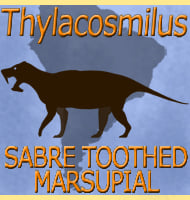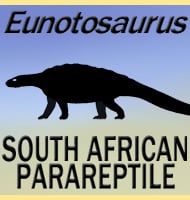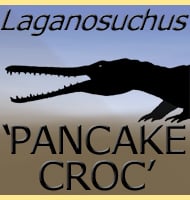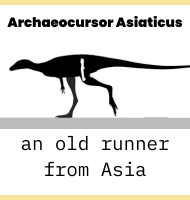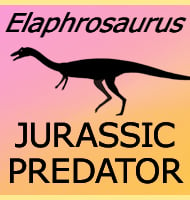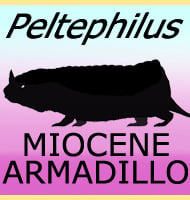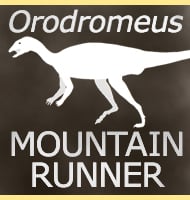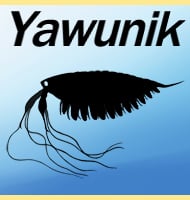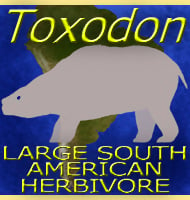In Depth
Richard Owen described Titanosuchus from a set of teeth, although if he realised that what he named was not actually a crocodile he may have wanted to give Titanosuchus a more anatomically correct name, like he tried to do with the pterosaur Ornithocheirus, and the prehistoric predatory whale Basilosaurus. Instead Titanosuchus was one of the therapsid carnivores which were descended from the pelycosaurs which includes some famous carnivores such as Dimetrodon and Sphenacodon.
Even though Titanosuchus is generally accepted as being a carnivore, some have questioned the standing hypothesis on the grounds that the teeth would equally have served a herbivore. However it may be that Titanosuchus simply used these teeth in a predatory manner, such as crushing bone. As always it is a case of how the fossils are interpreted.
As a carnivore Titanosuchus would have likely focused its attention on other similar but smaller creatures. Titanosuchus has also been envisioned to hunt related herbivorous synapsids from the same area such as Moschops and Jonkeria, although since both grew to almost double the size of the largest known Titanosuchus, it may have had to concentrate upon younger and smaller individuals.
Titanosuchus is often mentioned as being similar to the larger Titanophoneus, a similar carnivore known from Russia.
Further Reading
– The fauna of the Tapinocephalus zone (Beaufort beds of the Karoo): Annals of the South African Museum, v. 56, part 1, p. 1-73. – L. D. Boonstra – 1969.

